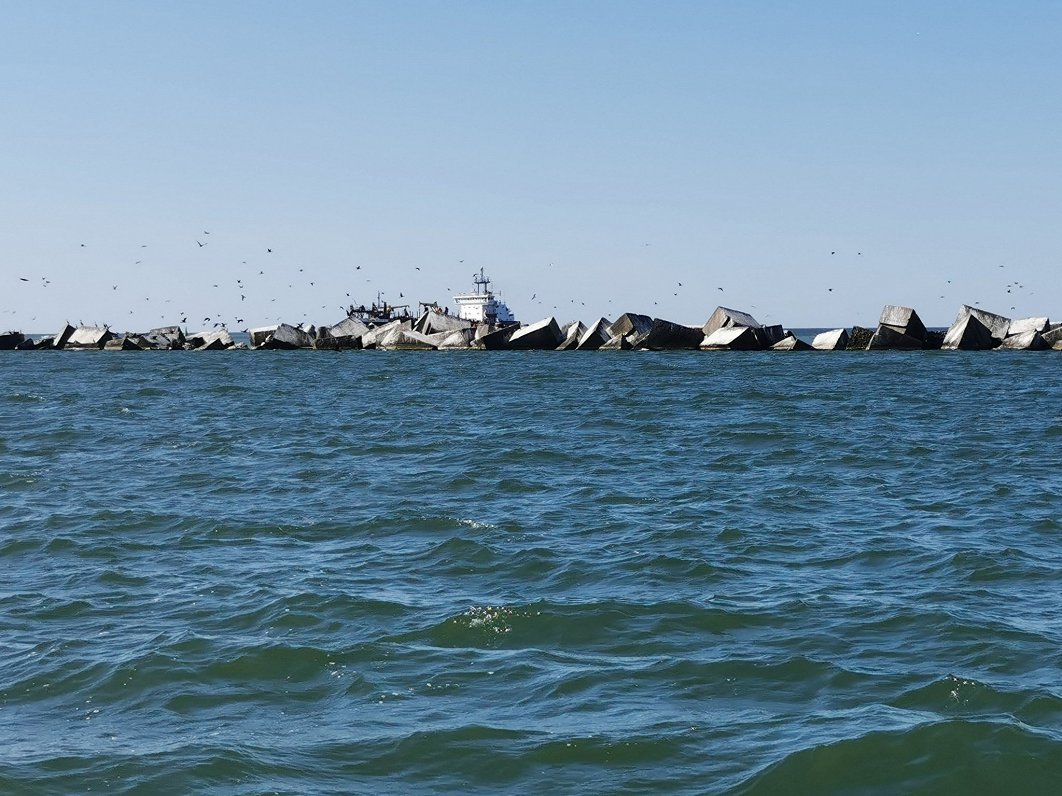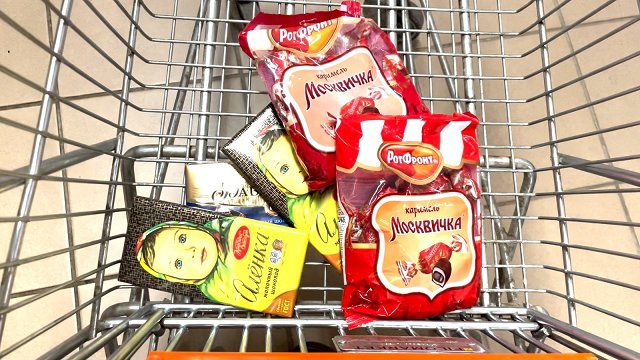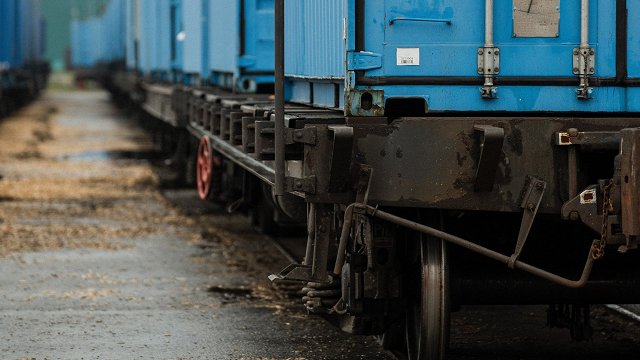The economist explained that the high price level and interest rate rise last year weakened the economy and thus external demand of Latvia's trading partner countries. Data from the Central Statistical Bureau (CSB) shows that the export value of goods fell 11.4%, or 2.24 billion euros, in the first eleven months of last year, compared to the same period a year earlier.
The most significant decrease in 11 months last year was observed in export revenue of mineral products (minus 44.4%) and wood and its products (minus 22.6%). Buceniece explains that the drop in mineral products exports (8% of total goods exports) was significantly influenced by the decrease in energy prices and the drop in natural gas exports to Finland at the end of the year, which was affected by infrastructure damage.
Last year, a drop was observed also in export groups of goods such as metals, chemical industry products, plastic products, paper products, building materials, and furniture.
The value of imports fell 11.7% in 11 months last year, while November saw a fall of 14.3% from the previous year. Like in exports, the drop in imports is both in volumes and prices. The most significant decrease in the value of imports, mainly due to lower prices, is registered in the mineral products group, where energy resources are included, reports Buceniece.
The economist noted that economies in trading partner countries are still stagnating or even experiencing a recession, and the view of manufacturing companies on export orders remains largely pessimistic, with no significant improvement in recent months.
“This means that export performance will also be quite bleak at the beginning of this year and we can look forward to a more sustained return to growth in the second half of the year. In many parts of the region, the purchasing power of the population has started to recover, but the possible weakening of the labor market and high interest rates raise concerns about future demand - both for consumer and investment goods,“ said Buceniece.
Buceniece stresses that it should be assumed that the supply chain, raw materials and transportation costs of global and also Latvian enterprises may be increasingly shaken in the future by geopolitical tensions and extreme weather conditions observed due to climate change. At the moment, for example, it can be seen that attacks on ships in the Red Sea, fuelled by the Israeli-Hamas war, are costing transportation costs and prolonging deliveries of goods. Because of the threat, ships increasingly choose a longer road around the African continent rather than use the Suez Canal.































